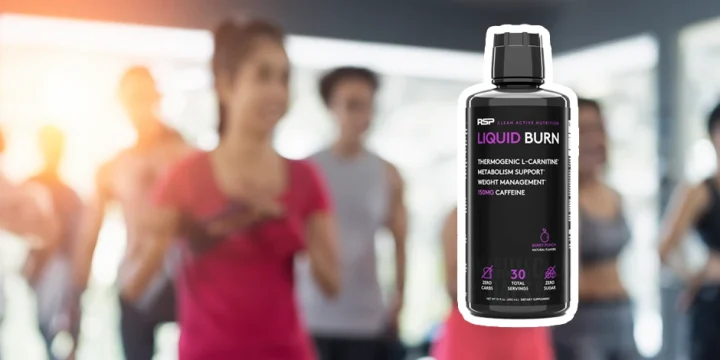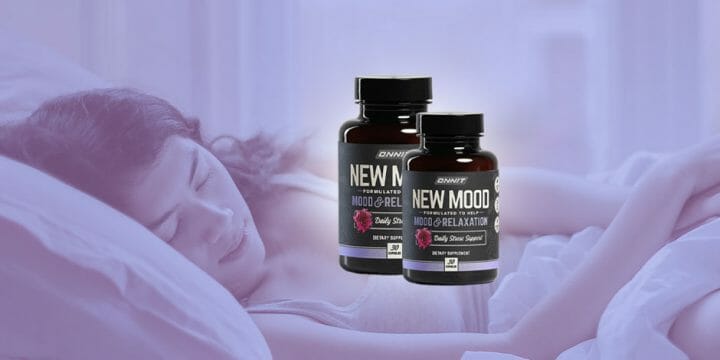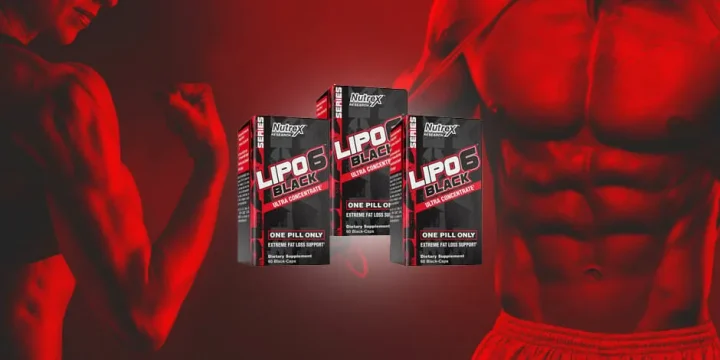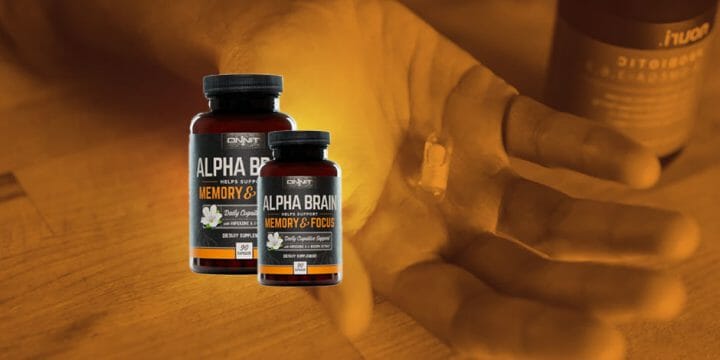Nootropics, or cognitive enhancers, can provide a wide range of cognitive benefits, from improved memory and concentration to enhanced creativity and overall mental performance.
Despite their widespread use, nootropics are still a mystery to some individuals.
I teamed up with our dietitian and spent two weeks researching how nootropics work and some of the potential benefits and side effects associated with them.
Quick Summary
- Nootropics are substances that enhance cognitive performance and can be natural, prescription, or synthetic.
- There are three main types of nootropics: Eugeroics, ADHD medications, and nootropic supplements, each with distinct cognitive benefits.
- Creatine supplementation improves short-term memory in healthy individuals.
- In my opinion, nootropics offer a promising avenue for enhancing cognitive abilities, though careful consideration of potential side effects is essential.
What Are Nootropics?

Nootropics are natural, synthetic, and prescription substances that can enhance cognitive performance and counteract symptoms of neurological disorders such as Alzheimer’s disease and attention deficit hyperactivity disorder (ADHD) [1].
The concept of nootropics was first introduced by Cornelius E. Giurgea in the early 1970s, marking the beginning of a new era in cognitive enhancement and brain health.
Racetams, caffeine, and creatine are also considered nootropics and are sold individually or as combinations.
While creatine supplementation does not cure cognitive diseases, it can improve short-term memory in healthy individuals, according to the study published in PubMed Central [2].
What Are the Types of Nootropics?

The types of nootropics are Eugeroics, ADHD medications, and nootropic supplements.
Let’s take a look at each one in more detail and see how each nootropic works.
1. Eugeroics
Eugeroics are drugs that promote wakefulness and alertness without causing stimulation or jitteriness, as stimulants like caffeine do.
These drugs can help with cognitive function, attention span, memory recall, and mood swings [3].
Common eugeroic drugs include modafinil (Provigil), armodafinil (Nuvigil), adrafinil (Olmifon), and phenylpiracetam (Phenotropil). Each of these drugs has its own unique set of benefits.
2. ADHD Medications
ADHD medications are typically prescribed for people who suffer from attention-deficit hyperactivity disorder (ADHD).
However, they can also be used as nootropics, as they have been shown to improve concentration, focus, and memory recall in some individuals, based on the research published in PubMed [4].
Some of the most common ADHD medications include Adderall, Ritalin, Vyvanse, Concerta, Focalin XR, and Strattera.
It is important to note that these medications should only be taken under the supervision of a doctor, as there can be severe side effects if not handled properly.
3. Nootropic Supplements
Nootropic supplements also known as smart drugs, are over-the-counter dietary supplements that can improve cognitive function. Common ingredients found in these supplements include:
- Omega-3 fatty acids from fish oil or krill oil
- B vitamins
- Antioxidants like vitamin E and resveratrol
- Amino acids such as L-theanine
- Herbs like Ginkgo Biloba
- Minerals such as iron, zinc, magnesium
- Caffeine or green tea extract for an extra boost in energy levels
“Nootropics are natural supplements or drugs that have a beneficial effect on brain function in healthy people. Many of these can boost memory, motivation, creativity, alertness and general cognitive function. Nootropics may also reduce age-related declines in brain function.”
- Helen West, BSc in Nutrition, Editor at Healthline.com
Do OTC Nootropics Actually Help With Cognitive Performance?

From my trials, I can confirm that OTC nootropics, especially those with L-tyrosine and Panax ginseng, have noticeably enhanced my cognitive performance.
Quality nootropic supplements can help individuals improve brain memory, function, focus, and mood.
Many active individuals and athletes use these nootropics to improve their technique and skills.
Natural nootropics can activate cognitive functions by eliminating free radicals from the body and enhancing blood flow to the brain [5,6].
However, it's worth noting that it takes time to get noticeable results because substances need to cross the blood-brain barrier, so you won't see improvements in mental health immediately.
What Are the Benefits of Nootropics?

Personally, I've experienced the benefits of nootropics such as energy, improved focus, and executive function.
1. Enhanced Focus and Attention
Nootropic supplements enhance productivity and focus by safeguarding brain cells and boosting blood flow in the brain.
Preliminary studies indicate they might also alleviate ADHD symptoms, though further research is required for conclusive evidence.
Also Read: Mind Vitality Review
2. Improved Mood, Memory, and Energy Levels
Certain popular nootropics may also help boost energy levels by increasing dopamine production. Some studies published in PubMed suggest that certain types of nootropic supplements may effectively reduce fatigue related to stress and neuroinflammation [7].
Nootropics are beneficial for busy individuals seeking an energy boost.
For instance, acetyl-l-carnitine (ALCAR) enhances memory and learning by upregulating acetylcholine receptors and may also improve mild cognitive impairment and dopamine levels [8].
“ALCAR is an anti-aging nootropic, or smart drug, meaning it helps your brain perform better. The acetyl group on it lets it pass your blood-brain barrier and reach your brain and nerves, where it can improve your mood, learning and memory.”
- Spencer Brooks, Scientific Advisor and Science Writer
3. Boosted Executive Function

Nootropics may enhance executive functions like planning, organization, and decision-making, crucial for success in personal and professional realms.
They help in making quicker, better decisions and in sharpening critical thinking for everyday challenges.
Here are some recommended nootropics supplements for each benefits:
What Are Nootropic Side Effects?

Nootropic side effects are headaches, nausea, anxiety, and stomach pain. While I've mostly had positive experiences, I did encounter mild headaches and some stomach discomfort initially with certain nootropics.
But natural nootropics are usually safe, well-tolerated, and lower risk for most users, including cognitive impairment patients.
For example, citicoline, a common nootropic compound, is believed to cause headaches, stomach discomfort, and insomnia.
It may also interact with certain medications, according to the Innovations in Clinical Neuroscience [9].
Users can also become dependent on nootropic supplements due to dopamine production in the brain, resulting in irritability, mood swings, insomnia, and reduced focus.
Understanding the recommended dosages and potential side effects of nootropics is crucial for safe usage, with most substances requiring careful dosage adjustments to balance efficacy and minimize adverse effects.
FAQs
What Are Nootropics Good For?
Nootropics are good for preventing cognitive decline. This can include things like increasing focus, memory, creativity, and motivation. Additionally, some nootropics may also help to protect the brain from age-related damage and improve overall brain health.
Are Nootropics Safe?
Yes, nootropics are safe because they pose virtually no risk of addiction or overdose. With the right dosage and formulation, nootropics can be a safe and effective way to improve cognitive function. But it's always essential to consult with a healthcare professional if you have any concerns.
Can Nootropic Drugs Help With ADHD?
Yes, nootropic drugs can help with ADHD by increasing focus and concentration. Some nootropics work by increasing levels of neurotransmitters like dopamine and serotonin, while others work by enhancing the brain's protective mechanisms.
What Foods Are High In Nootropics?
Food that are high in nootropics are those with a high level of antioxidants, such as blueberries, strawberries, and blackberries. Other foods good for cognitive function include salmon, walnuts, and olive oil. All of these foods have been found to improve cognitive performance and protect the brain from age-related damage.
Why Are Nootropics Smart Drugs?
Nootropics are called "smart drugs" because they are believed to enhance cognitive functions such as memory, creativity, motivation, and attention, potentially improving mental performance and productivity.
References:
- https://www.tandfonline.com/doi/full/10.1080/10408398.2021.2021137
- https://www.ncbi.nlm.nih.gov/pmc/articles/PMC6093191/
- https://www.ncbi.nlm.nih.gov/pmc/articles/PMC3286657/
- https://pubmed.ncbi.nlm.nih.gov/24423151/
- https://www.ncbi.nlm.nih.gov/pmc/articles/PMC5021479/
- https://www.frontiersin.org/articles/10.3389/fnut.2022.858910/full
- https://pubmed.ncbi.nlm.nih.gov/31220527/
- https://www.ncbi.nlm.nih.gov/pmc/articles/PMC5621476/
- https://www.ncbi.nlm.nih.gov/pmc/articles/PMC4756795/
About The Author
You May Also Like






